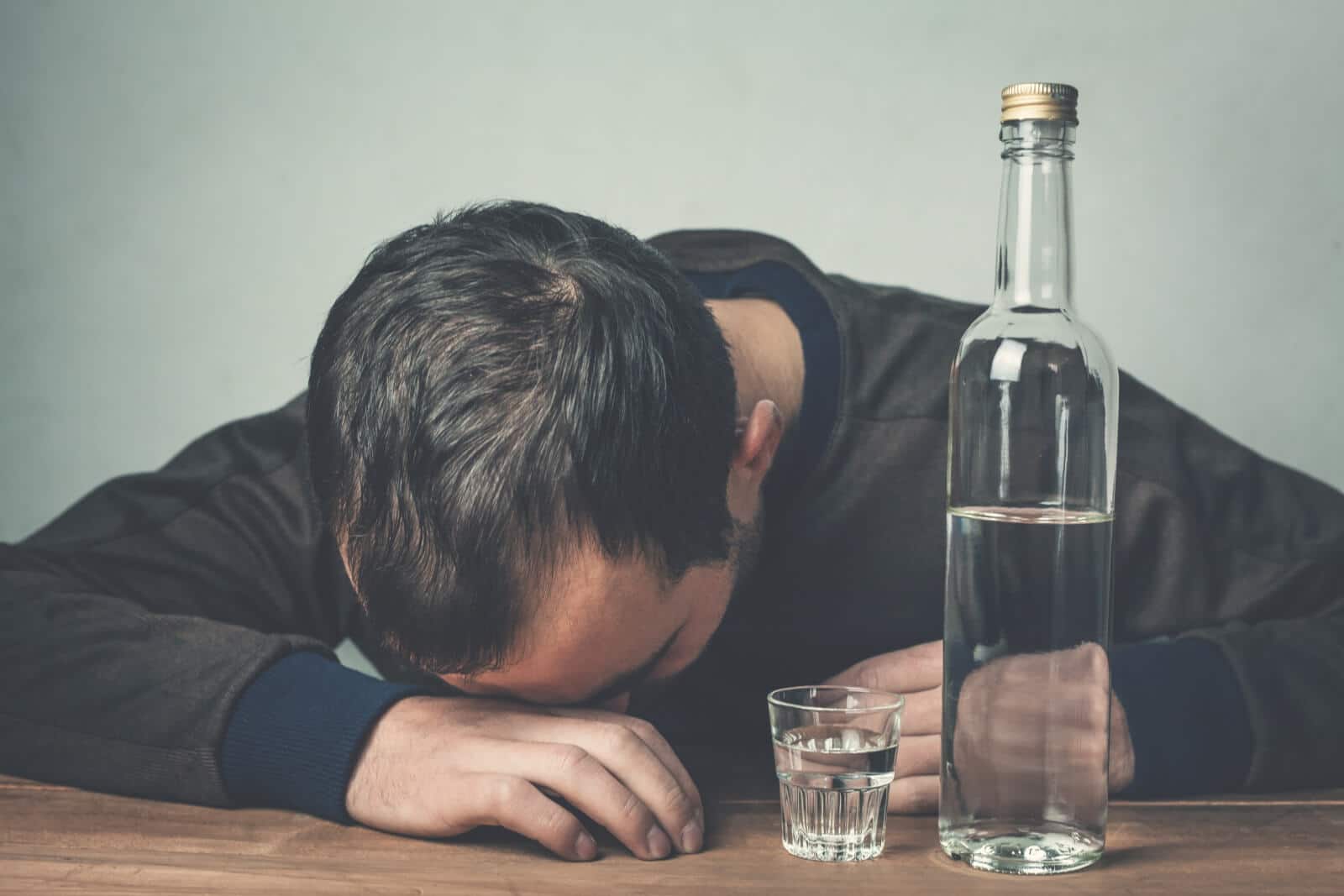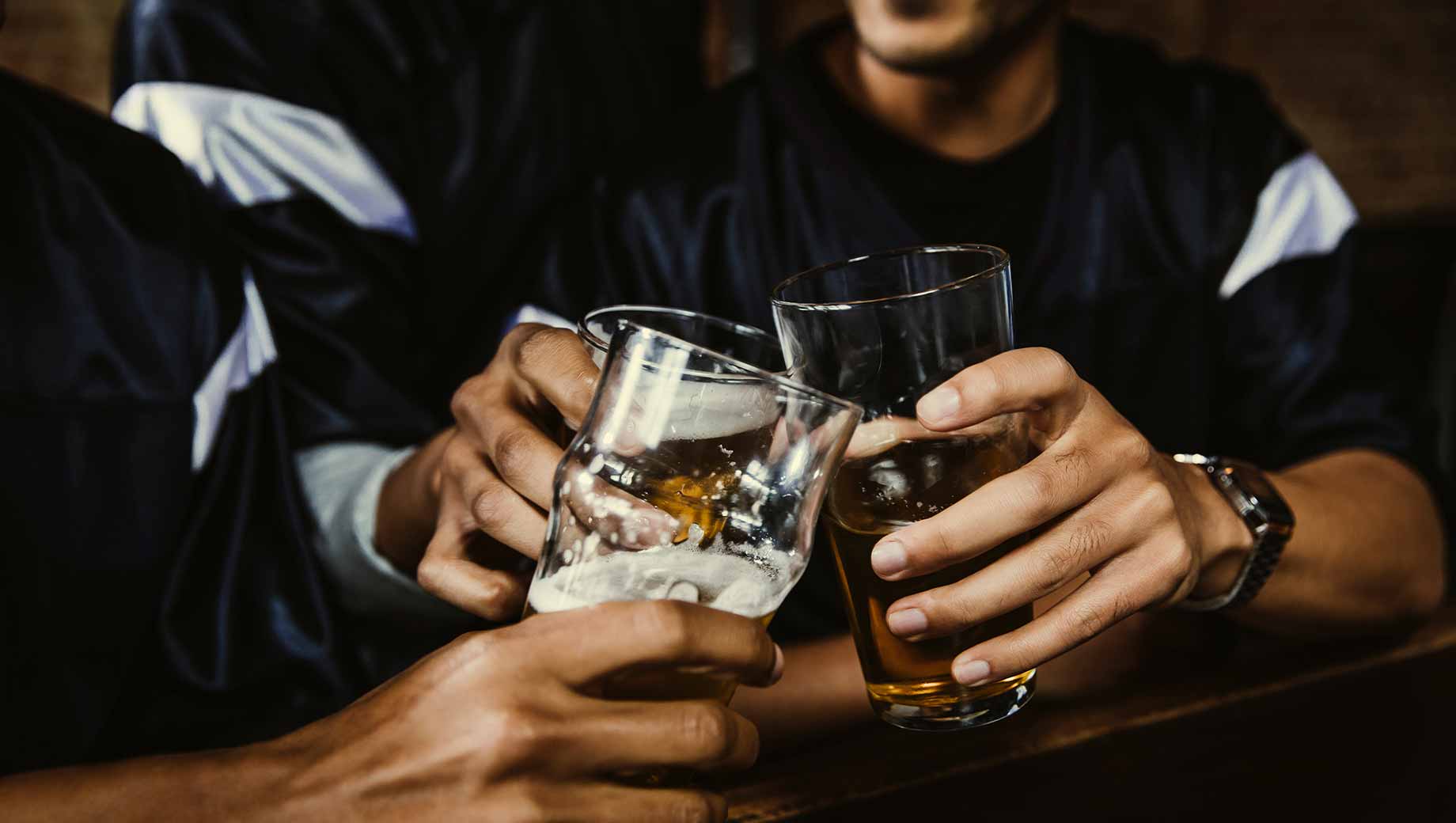Many prefer a few drinks for a special occasion or to complement their dinner. Other people don’t like alcohol because of its flavor, becoming drunk, or being out of control. Recognizing a problem drinker can be tricky if you fall into these groups.
Beginnings are primarily made up of recovered alcoholics, so we know why individuals drink—both at the start and after addiction. This article discusses why non-alcoholics drink and the problems of alcoholism.
Table of Contents
Toggle1. For Amusement
Alcohol’s effects make people want to relax. Social drinkers (e.g., at parties, restaurants, vacations) may not be excessive drinkers. Alcohol rarely affects them. Alcohol soothes and lifts people. Drinking decreases stress in situations with others. Some people love drinking, but excessive drinking can be unsafe.
2. Previous Experiences
People’s current views and norms on drinking alcohol frequently depend on their experiences with it. People who drink alcohol can recall times when they had a good time drinking, which may make them tempted to drink again. On the contrary, an adverse outcome leaves you less likely to do something again.
3. Managing stress
Some people think that drinking alcohol improves anxiety.
Alcohol decreases stress like school, job, relationships, finances, conflicts, etc. Surprisingly, alcohol makes issues worse. They could also turn into alcoholics.
4. Social Motives
Some people define themselves as social drinkers since they drink alcohol at social gatherings, anniversaries, vacations, etc. A social drinker could indulge in a glass of wine when hanging out with buddies or on another occasion. This sort of drinking often does not affect their lives and hardly causes long-term severe personal or medical issues.
5. Influence From Others
Many people drink with others. Some non-alcoholics drink during weddings and sports events where alcohol is part of the celebration. Peer pressure affects everybody, not just teenagers. Our society allows and legalizes drinking.
Any age can bring alcohol peer pressure. Though they know they shouldn’t drink, alcoholics often use peer pressure to justify drinking. Alcoholics think they drink for pleasure while enjoying time with friends, yet they usually drink solo.
6. To Break Their Limits
Your limits are reduced if you drink alcohol. It offers someone a feeling of strength, carefreeness, and high confidence. They are ready to partake in things they wouldn’t typically do when sober. But this could end in specific dangerous or damaging actions.
7. Environmental Aspects
Drinking-related events, like movies, event commercials, etc., boost one’s desire for alcohol. Contrarily, financial pressures like taxation make drinking less tempting. Research shows that increasing the cost of an alcoholic beverage by around 10% will reduce use by 7%.
8. Genetics
Genetics may predict a drinking disorder. Environment, life experiences, and genetics can trigger alcoholism. Researchers think that a mix of genes leads to this danger. If they endure environmental or private stresses, those with a genetic predisposition to addiction can get an alcohol use disorder (AUD).
9. Curiosity For Alcohol
Teenagers may “experiment” with alcohol. Children and teenagers like the thrill of becoming drunk. Of course, some could get obsessed and harm their future. Understand the difference between ordinary and excessive drinking. Alcoholism is frequent among people who can’t drink properly.
10. Accessibility
Since it is so simple to get their hands on, many people engage in alcoholic beverages. It likewise is a very well-liked type of relaxation. It can be simpler to engage in alcohol use if it is more easily accessible and accepted by society.
Dangers Of Alcohol Addiction

Alcohol use disorder, or alcohol addiction, is an indication of alcoholism. When alcoholics quit drinking, they may get sick, making it more challenging to give up. In the United States, roughly fifteen million individuals suffer from drinking.
Dependence likely harms these people. The effects of alcoholism are awful for your physical wellness, psychological wellness, relationships, and job. People do not drink for the reasons why they started. Consider alcoholism a mental and physical problem.
1. Physical Addiction
Alcoholism leads to drinking excessively. Non-alcoholics can freely restrict their drinking. Alcoholics can find this unimaginable. After drinking, they have no influence over how much alcohol they drink.
They desire more alcohol with one drink; this may lead to a binge. This can lead to impacts that would not have happened if the individual had stopped after one drink.
2. Mental Addiction
Alcoholism occurs following medical detox. Especially for the alcoholic, this is the most deceiving part of the disease. Addicts return to the addiction that kills their lives. Even desiring to stop, they can do this.
Willingness alone can’t keep the sick sober. They worry about “controlling and enjoying” alcohol. Recovery calls this odd mental bend the “mental obsession.”
Drinking is an addiction. Alcoholism without effects. Obsession with preventing chaos. A desire to drink quietly to deceive friends, family, and employers who understand the issue.
Alcoholism Treatment
There are lots of methods for handling this sort of issue. Among the treatments are the following:
- Family Counseling: The helpful method may include partners and siblings. Family therapy involves members of the family in sessions. An alcoholic’s loved one may track their alcohol consumption. In every phase of recovery, family and friends can assist an alcoholic.
- Behavioral Therapy: Medical professionals assist clients in discovering the habits that cause excessive drinking in behavioral treatment. They help people stop drinking, detox, make friends, and cope with stress.
- Alcoholics Anonymous (AA): The addiction help group Alcoholics Anonymous (AA) is likely among the most widely recognized. Addiction help and accountability talks are offered through AA. AA’s 12-Step method aids people in conquering alcoholism, which they may return to.
- Holistic Therapy: Holistic treatment combines treatments that concentrate on emotional, psychological, and spiritual well-being.
- Biofeedback: An electroencephalograph (EEG) is a tool in biofeedback treatments for teaching the brain to perform its tasks more effectively. An EEG tracks a patient’s brain waves to find causes and stress-related emotional reactions.
Conclusion
A lot of individuals love alcohol for many distinct reasons. For some people, the reasons for doing so are fun, reliving past events, coping with stress, social causes, genetics, interest, and accessibility.
However, heavy drinking can damage your health, both physically and mentally. Dependency on alcohol impacts a person’s mind and body. Alcoholics Anonymous, behavioral therapy, holistic care, and family counseling are all viable options.
Preventing alcoholism requires knowing the difference between casual drinking and heavy drinking and getting treatment if appropriate.

I am a passionate beer connoisseur with a deep appreciation for the art and science of brewing. With years of experience tasting and evaluating various beers, I love to share my opinions and insights with others and I am always eager to engage in lively discussions about my favorite beverage.
















